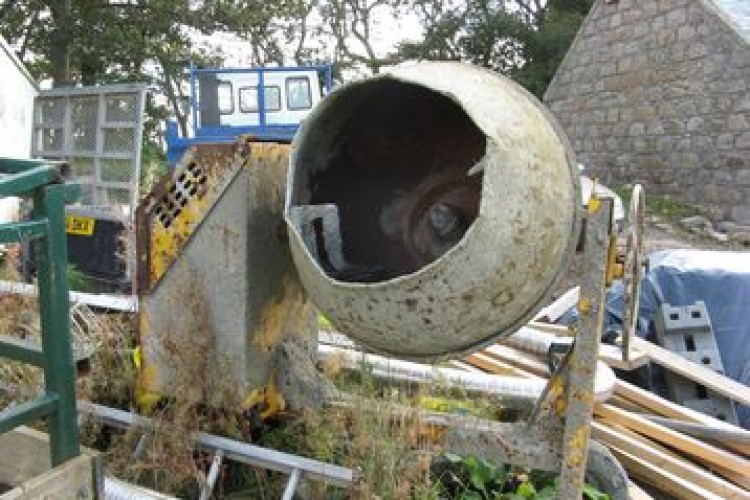The group, co-led by the Global Cement and Concrete Association (GCCA) and the World Economic Forum in collaboration with Boston Consulting Group, conducted a study on cement and its implications for decarbonisation in four key emerging markets that consume high volumes of bagged cement: India, Brazil, Egypt, and Indonesia.
The study found that emerging markets consume up to 40% of all cement and that their use of cement is growing rapidly.
A large proportion of the cement consumed in these markets is bagged, rather than delivered in bulk, and it hand-mixed on-site. This increases the risk of inefficient use of cement, says GCCA.
Hand-mixing without formal recipes or quality control measures in place, often leads to the over-use of cement. The study found that only 60% of concrete mixed on sites in Egypt and India is mixed mechanically while only 30% is mechanically mixed in Indonesia.
Through its Concrete Action for Climate Change initiative, the Mission Possible Partnership is calling for governments in these emerging economies to encourage the transition to bulk cement and ready-mixed concrete in order to reduce the carbon intensity of cement.
“Governments should seek to identify and reform restrictive construction codes that will hinder decarbonisation in large capital projects,” says the report.
The GCCA said that it is using these insights “to help national cement industries accelerate local implementations of the GCCA global roadmap to net-zero cement and concrete”.
Got a story? Email news@theconstructionindex.co.uk



